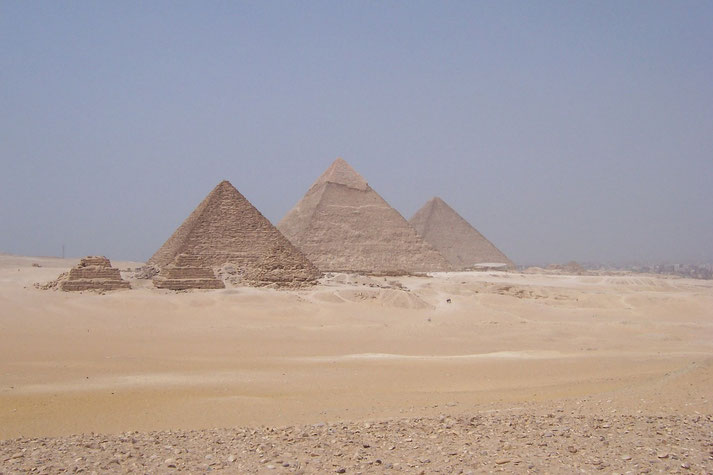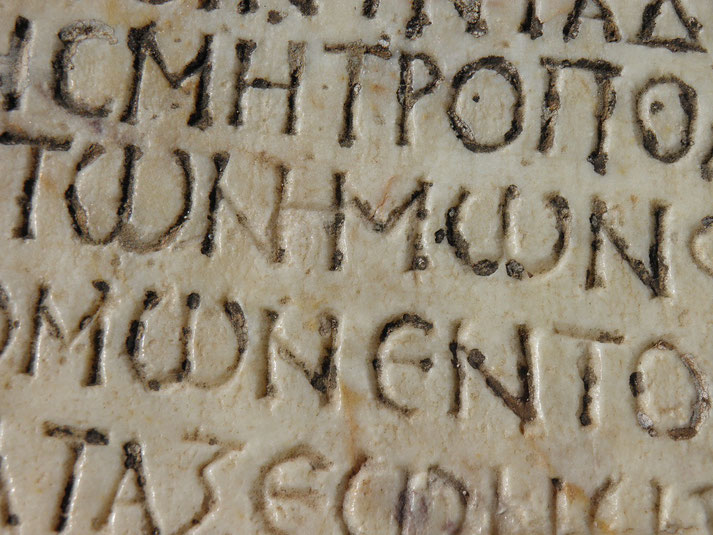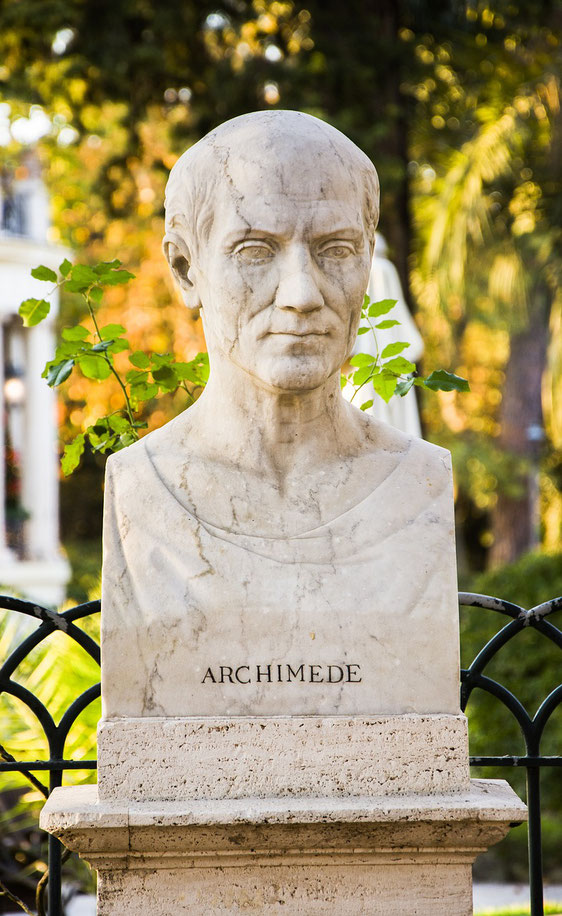Top 5 greatest discoveries from ancient history

The discoveries of ancient history reveal the remarkable ingenuity and resourcefulness of early civilizations.
From the invention of the wheel to the creation of the first written alphabet, these breakthroughs have changed the course of human progress in profound ways.
Thanks to these innovations, societies transformed their daily lives, unlocking new possibilities in communication, transportation, and technology.
Here are five of the greatest discoveries from ancient history.
1. The wheel
Perhaps the most crucial invention in human history is the wheel. More than anything else, it has transformed how humans have interacted with our world.
It is believed to have been invented in ancient Mesopotamia around 3500 BCE and was initially used for pottery.
One of the earliest known uses of the wheel for transportation was found in the Sumerian city of Ur, where archaeologists discovered a clay tablet depicting a wheeled cart pulled by oxen, dated around the same time.
It quickly spread to almost every corner of the globe. However, some societies, like those in the Americas, did not adopt the wheel for transportation until much later.
The wheel revolutionized transportation by enabling humans to move heavy loads across long distances with ease.
It also led to the development of other important inventions such as the chariot, water wheels, and mills.
In addition, the wheel became an important feature of machinery. Its ability to rotate allows the motion of ropes and other materials in a way that created less friction.
Even today, many thousands of years later, we rely upon wheels to keep our nations running.

2. The pyramids
Perhaps the most mysterious of human inventions, the Pyramids of Giza are one of the most iconic structures from ancient history.
They were built by the ancient Egyptian civilization over 4,500 years ago.
Primarily designed as tombs for the pharaohs, they have become a source of inspiration for other cultures.
The Great Pyramid was constructed around 2580 BCE, which means that it is the oldest and largest of the three pyramids on the Giza plateau.
What makes the pyramids so fascinating is the incredible realisation that the construction of them must have required an immense amount of planning, engineering, and labor.
It is thought that the Pyramids of Giza were constructed primarily by a well-organized workforce of skilled laborers and not by slaves, as commonly believed earlier; evidence of a village nearby suggests that workers were respected, paid, and provided with food, housing, and medical care.
How the pharaohs were able to muster all of these resources together to achieve these designs still amazes us today.
As a result, the pyramids continue to draw millions of visitors from all over the world.

3. The alphabet
Since most of the world knows how to read and write, it is often easy to overlook the importance of writing.
Among the most influential of all writing systems, the Greek Alphabet is one of the earliest fully phonetic alphabets that is still in use today.
It was developed by the ancient Greeks around 800 BC. However, it was based on the Phoenician alphabet, which predated it by several centuries.
Early evidence of the Phoenician alphabet was found on inscriptions from the city of Byblos, dated around 1050 BCE.
The Phoenician alphabet spread widely through Mediterranean trade networks, influencing the development of other alphabets, including the Aramaic and Hebrew scripts, which are the ancestors of many modern writing systems.
Ultimately, the Greek Alphabet would revolutionize the way that people in Europe communicated.
The Greek Alphabet played a crucial role in the recording and preservation of epic literature, such as Homer's Iliad and Odyssey.
This paved the way for many modern languages and writing systems, including Latin and its descendant languages: French, Italian, Spanish, and more.
It is the foundation of the modern Western Alphabet and is still used in mathematics, science, and philosophy.

4. Archimedes' Principle
You may not have expected mathematics to be one of the most important discoveries in human history.
But the person known as Archimedes was a Greek mathematician, physicist, and inventor who lived in the 3rd century BCE.
He is best known for his discovery of the Archimedes' Principle. This principle states that the buoyant force on an object is equal to the weight of the fluid displaced by the object.
Archimedes reportedly discovered his principle while taking a bath, leading him to famously exclaim 'Eureka!' upon realizing that the water displaced was equal to the volume of his submerged body.
In other words, the amount of water that is moved in the bath is based upon the volume of the object entering the water.
For example, when you sit in a full bath, the amount of water that pours over the edge is based upon the size of your body.
While this seems simple, it is a principle that has had important applications in engineering, physics, and many other fields.
Archimedes also made significant contributions to mathematics, including the discovery of the relationship between the surface area and volume of a sphere and its circumscribing cylinder.

5. Paper
Paper is certainly one of the most important inventions in history. It is believed to have been invented in ancient China during the Han Dynasty (206 BCE - 220 CE).
Prior to the invention of paper, writing had been done on materials such as bamboo, silk, and animal hides.
Paper is traditionally attributed to a person named Cai Lun, a Chinese court official who, in 105 CE, improved the papermaking process by using mulberry bark, hemp, and rags.
The invention of paper revolutionized the way that people recorded information and communicated with one another because it was lighter and cheaper to produce than other options.
It was so important that for thousands of years, it was the predominant way that people communicated.
Papermaking spread from China to the Islamic world by the 8th century, where the first paper mill outside of China was established in Samarkand, and later spread to Europe.
It is only with the advent of the digital age that paper has reduced in importance.
Today, paper is still widely used and remains an essential part of our daily lives.

What do you need help with?
Download ready-to-use digital learning resources
Copyright © History Skills 2014-2025.
Contact via email
With the exception of links to external sites, some historical sources and extracts from specific publications, all content on this website is copyrighted by History Skills. This content may not be copied, republished or redistributed without written permission from the website creator. Please use the Contact page to obtain relevant permission.





